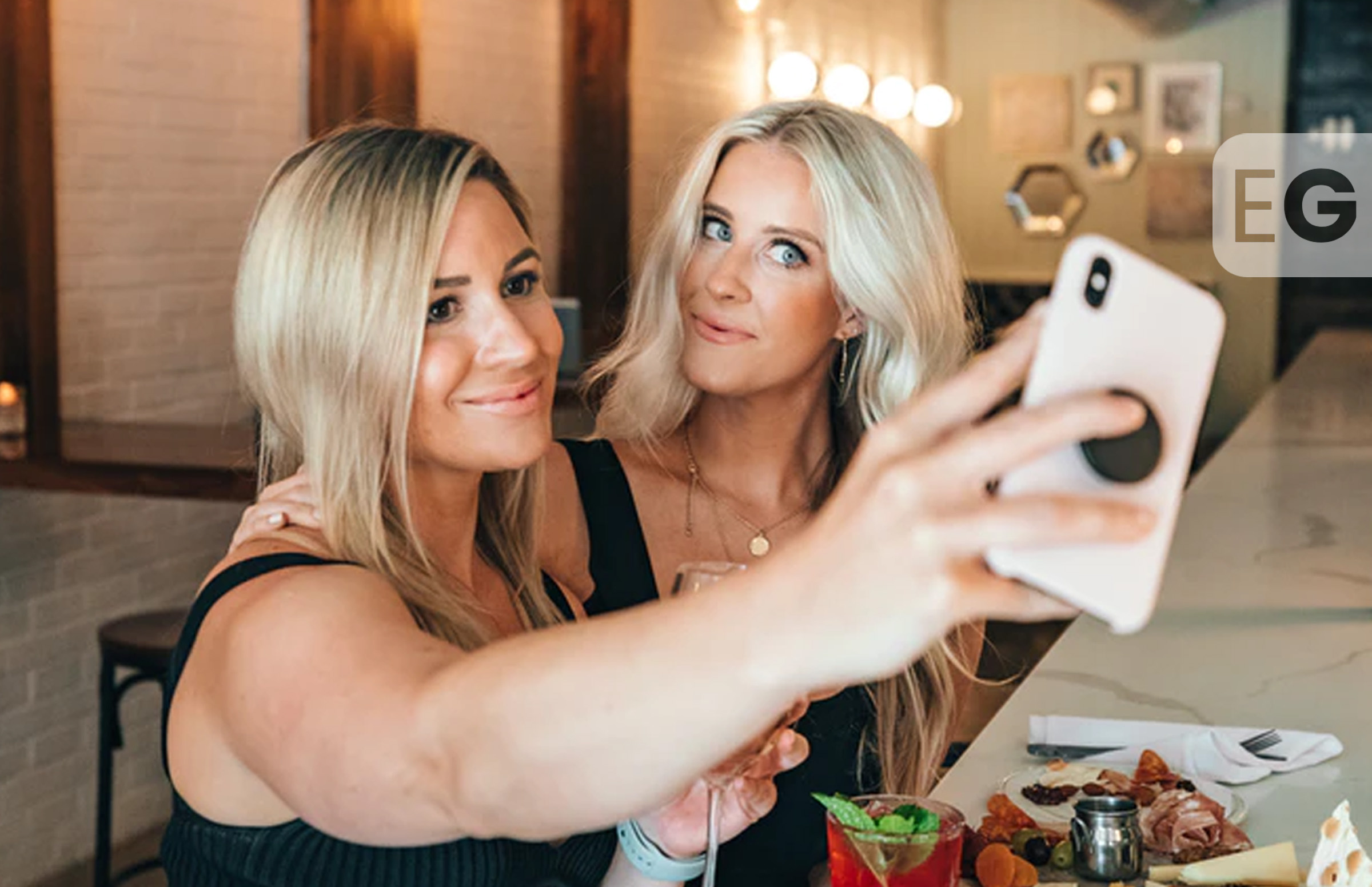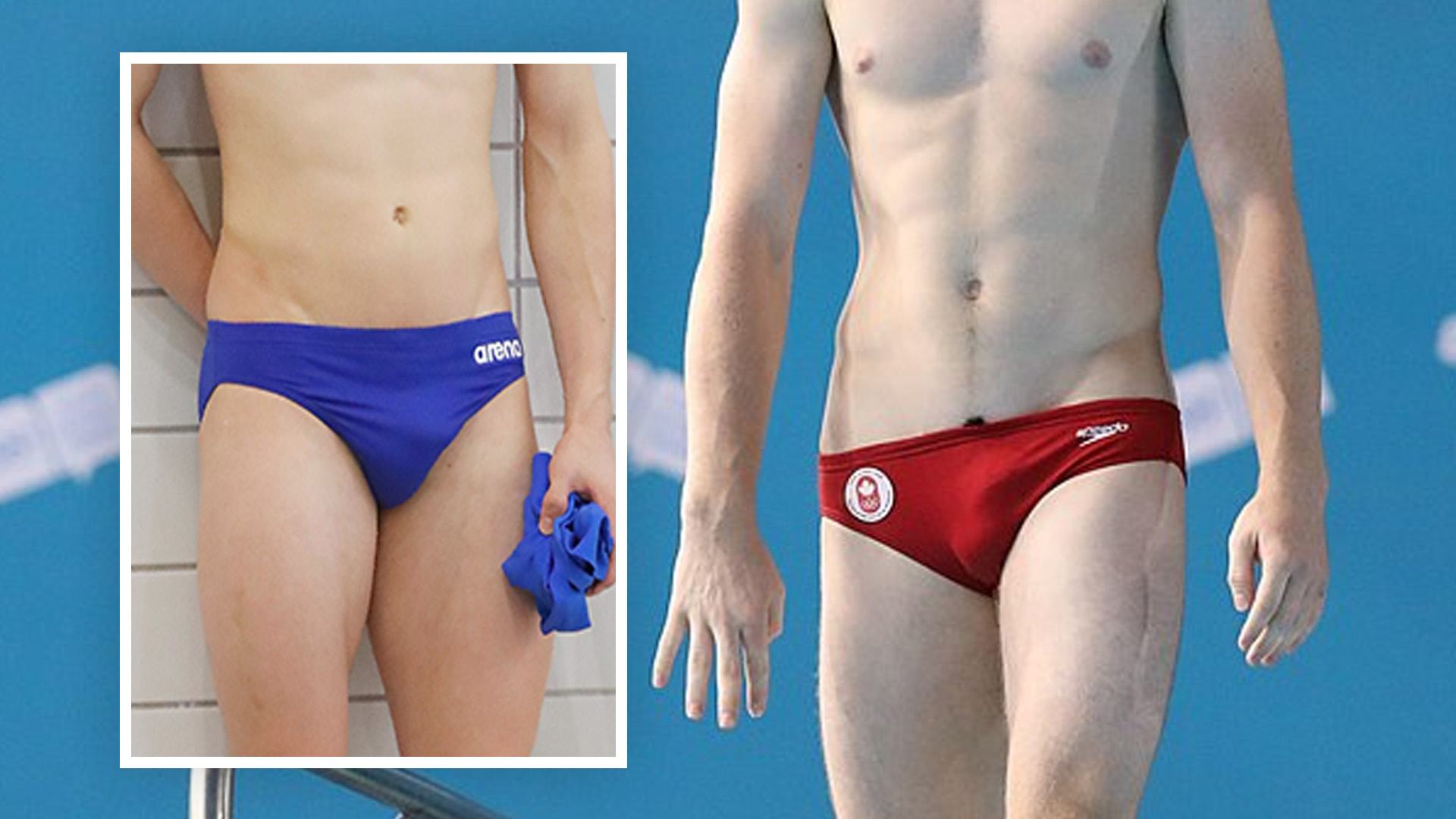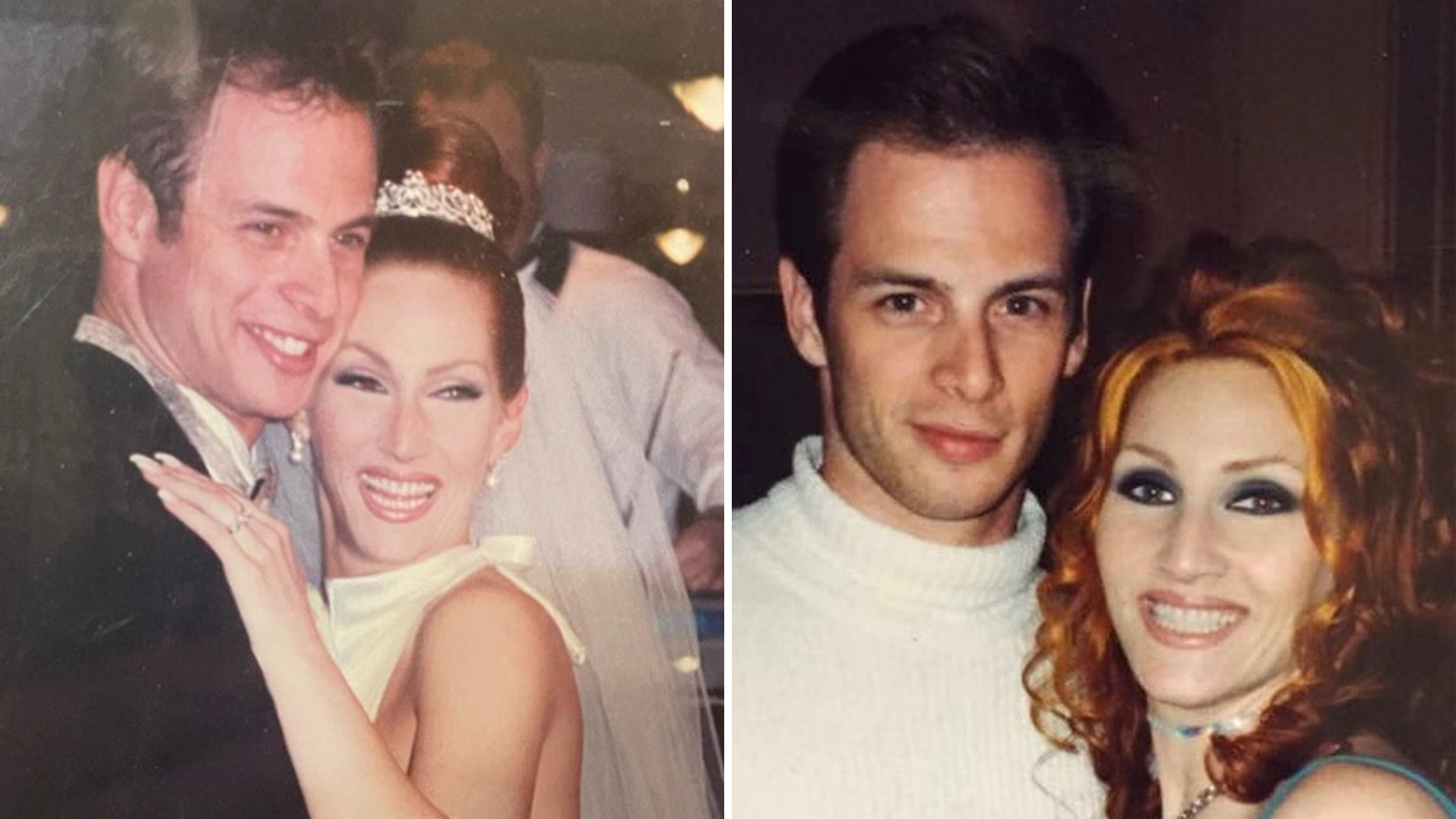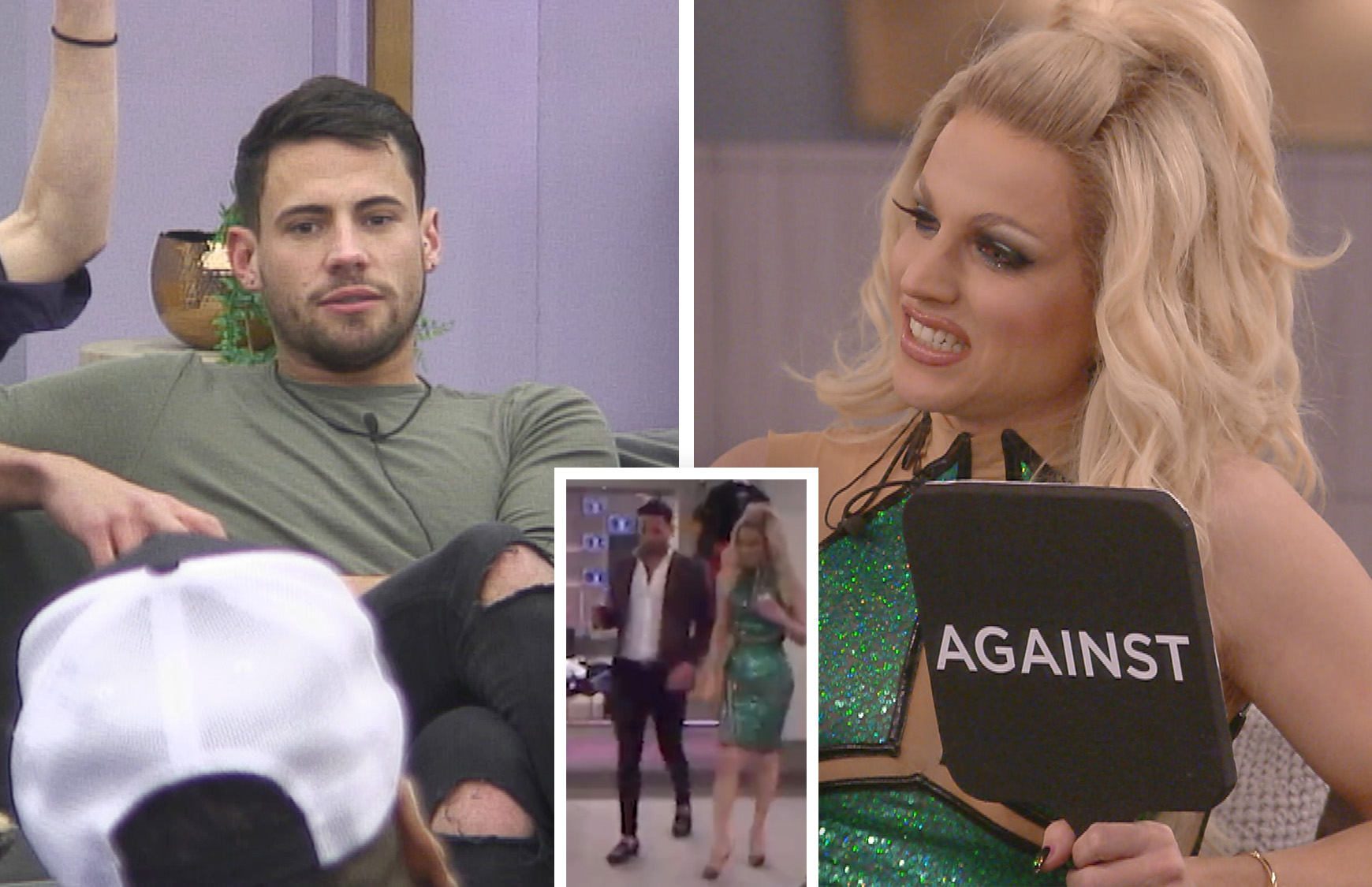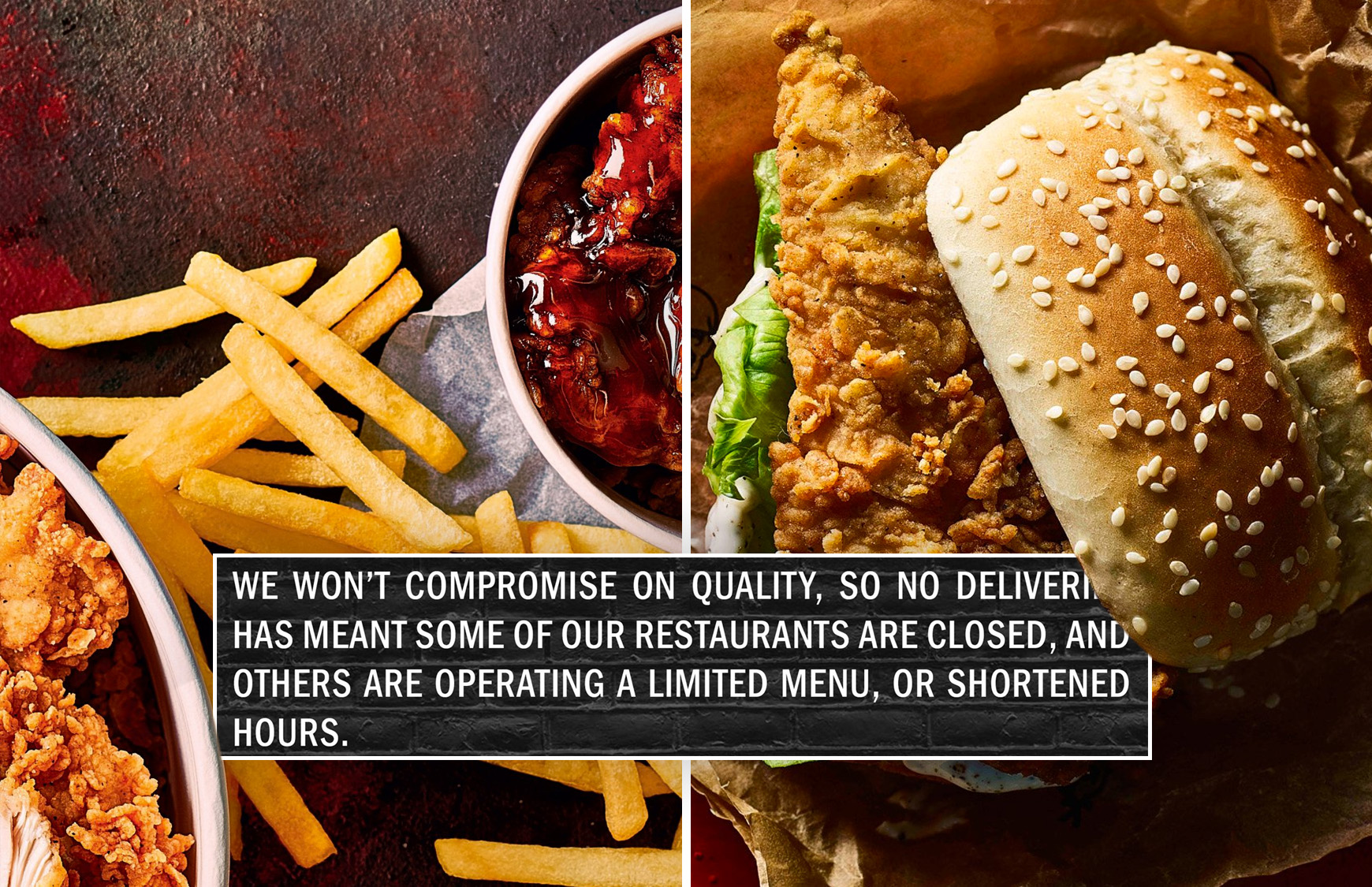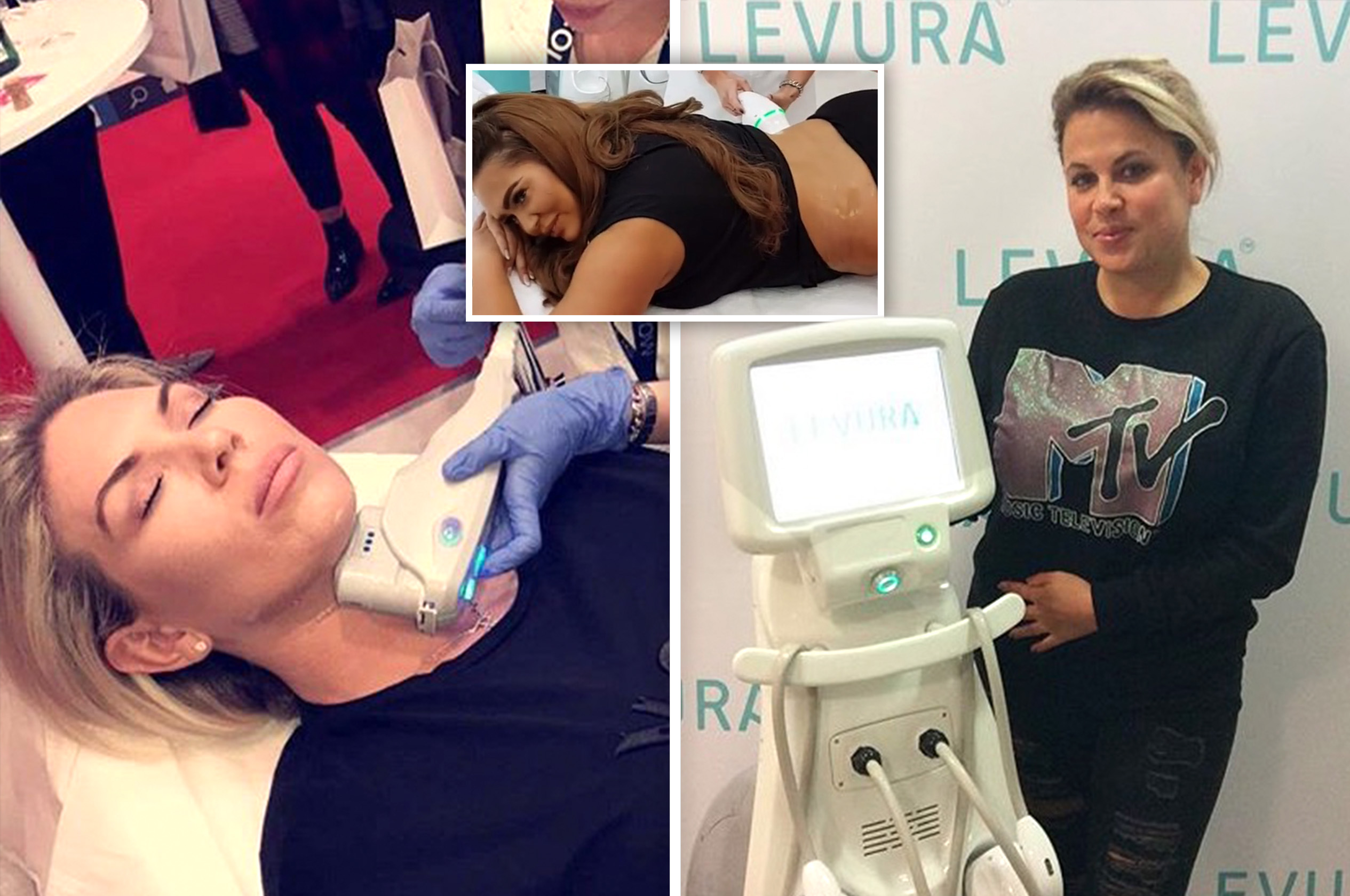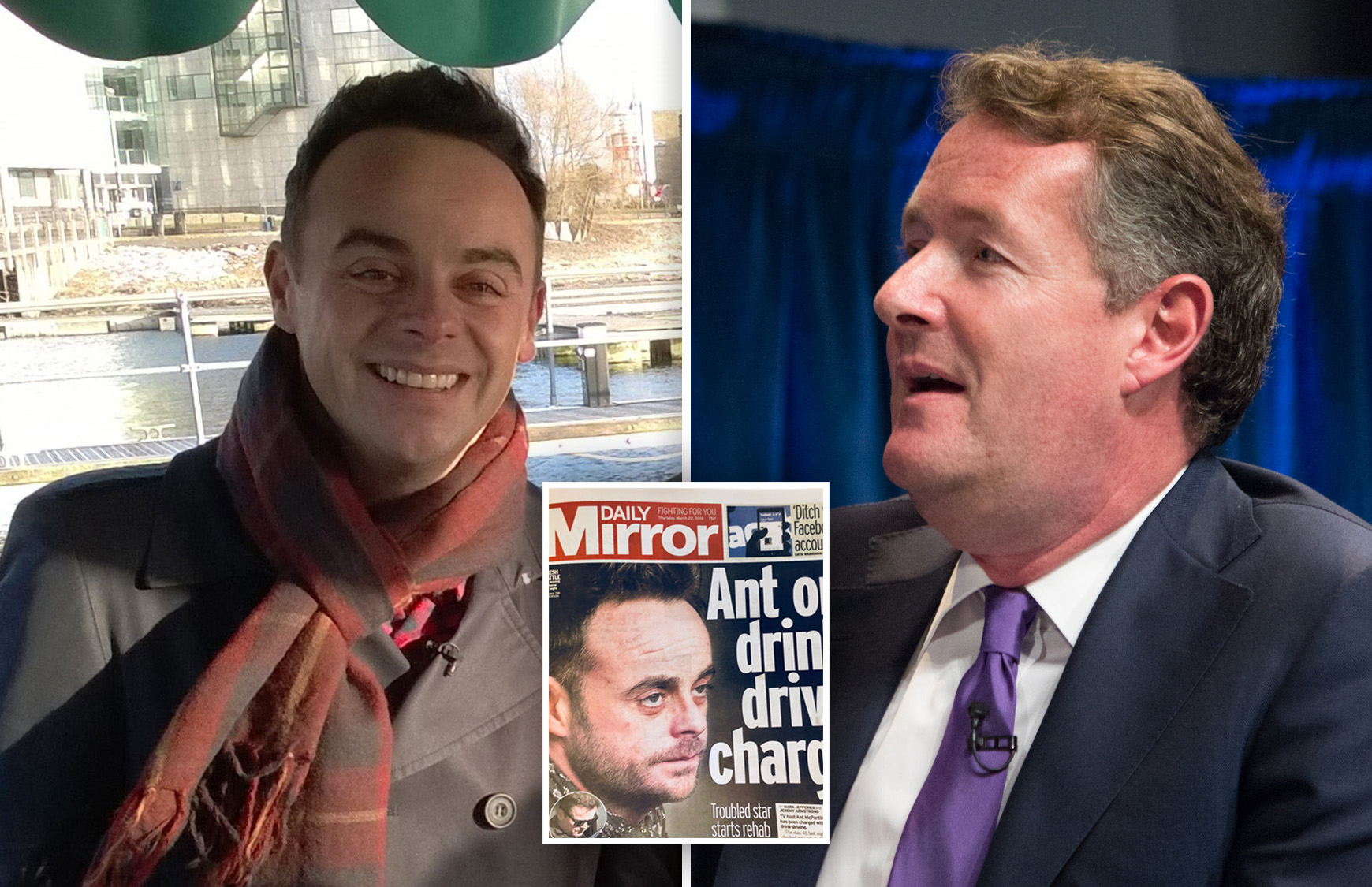TO get that perfect snap for a dating profile, LinkedIn page or social media platform, one in five have staged a photoshoot.
Another 20 per cent have even travelled to 'Insta-worthy' holiday locations just to achieve a desired photo.
While others have bought new clothes, paid for beauty treatments and booked tables in expensive restaurants to get 'the look'.
The study, commissioned by dating app, Plenty of Fish, found that individually, this amounts to £269 per year per person, but it's not just money that's invested – it's time too.
The average adult spends seven hours a month taking and editing pictures before posting them online.
It also emerged that six in 10 feel pressure to conform to digital beauty ideals.
To help alleviate that pressure, Plenty of Fish partnered with behavioural psychologist, Jo Hemmings, to provide guidance on boosting self-confidence, and encourage Brits to embrace their natural selves when it comes to their online presence and dating.
The partnership is the latest move by the dating platform to help to tackle unrealistic digital beauty standards, after it banned heavily filtered pictures from its app in 2019.
Jo Hemmings said: 'With so much emphasis on idealised looks – from reality TV shows like Too Hot to Handle to Instagram "perfection', it's no wonder singles want to present the best version of themselves on dating apps.
"But to go to extreme lengths to create an unrealistic image of themselves sadly removes what makes every individual unique and stand out to a potential partner.
"It's also likely to distort a date's expectations of what you actually do look like when you meet in-person, which can make a first date unnecessarily awkward, stressful and disappointing.
"With 59 per cent of singles feeling pressure to conform to digital beauty ideals, it's time to lower the pressure and encourage singles to embrace their natural selves to maximise the opportunity of meeting the right partner."
The research found living through a pandemic has exacerbated the pressure to look a certain way, with more than half of adults (55 per cent) feeling lockdown has had a negative impact on their self-esteem.
More than seven in 10 spent more time scrolling through the curated feeds of influencers and celebrities whilst stuck at home, leading 67 per cent to edit their photos and use virtual filters more than they used to before the pandemic.
In fact, 61 per cent said that working from home and seeing themselves on work video calls has made them much more aware of their looks than they were before lockdown.
A further 46 per cent admit to using built-in virtual filters and backgrounds on these calls to improve the lighting and enhance the setting and their appearances.
Hesitant to reveal their more natural selves online, 42 per cent of those polled add a filter or pre-set to all their photos, 41 per cent brighten the lighting to be more flattering, and 34 per cent erase spots or blemishes on their skin.
Nearly a quarter (24 per cent) even regularly edit their body shape to be smaller or curvier, according to the OnePoll figures.
The research showed that surprisingly 40 per cent of men admitted to editing their body shape and face in online images, compared to 29 per cent of women.
Easy access to photo editing apps is among the top reasons Brits edit their online images (32 per cent), as are attempting to keep up with others who edit their photos (30 per cent) and disliking every natural photo taken of them (30 per cent).
Among singletons, 28 per cent of dating app users believe their search for love will be negatively impacted if they don't hide their perceived flaws.
Nearly half (46 per cent) get more nervous for first dates out of concern that their potential suitor won't find them as attractive in person as their photos suggest, or on the contrary that their date won't match their expectations (42 per cent).
But despite the time, money and effort that goes into creating a digital profile that they are proud of, 64 per cent say they'd much rather see a natural, unedited selfie on a potential love interest's social media or dating app profile, rather than a heavily filtered image.
The number increases when it comes to Gen Z, with 77 per cent preferring not to see heavily filtered photos on a romantic interest's profile.
Kate MacLean, resident dating expert at Plenty of Fish, said: "While we know the realities of photo-editing apps and filters, it is truly alarming to see the research and just how much time, money and effort is invested to achieve an unrealistic ideal of beauty.
"This is especially surprising knowing that 64 per cent of singles prefer to see unedited, natural images of potential dates.
"In 2019 we lowered the pressure for those using our app by banning heavily filtered images from profiles for this very reason and now, we want to take it a step further by encouraging Brits to embrace all that makes them unique and show their authenticity when it comes to their dating profile."
Have you got a celebrity story? Email: tipoffs@entertainmentgazette.co.uk


